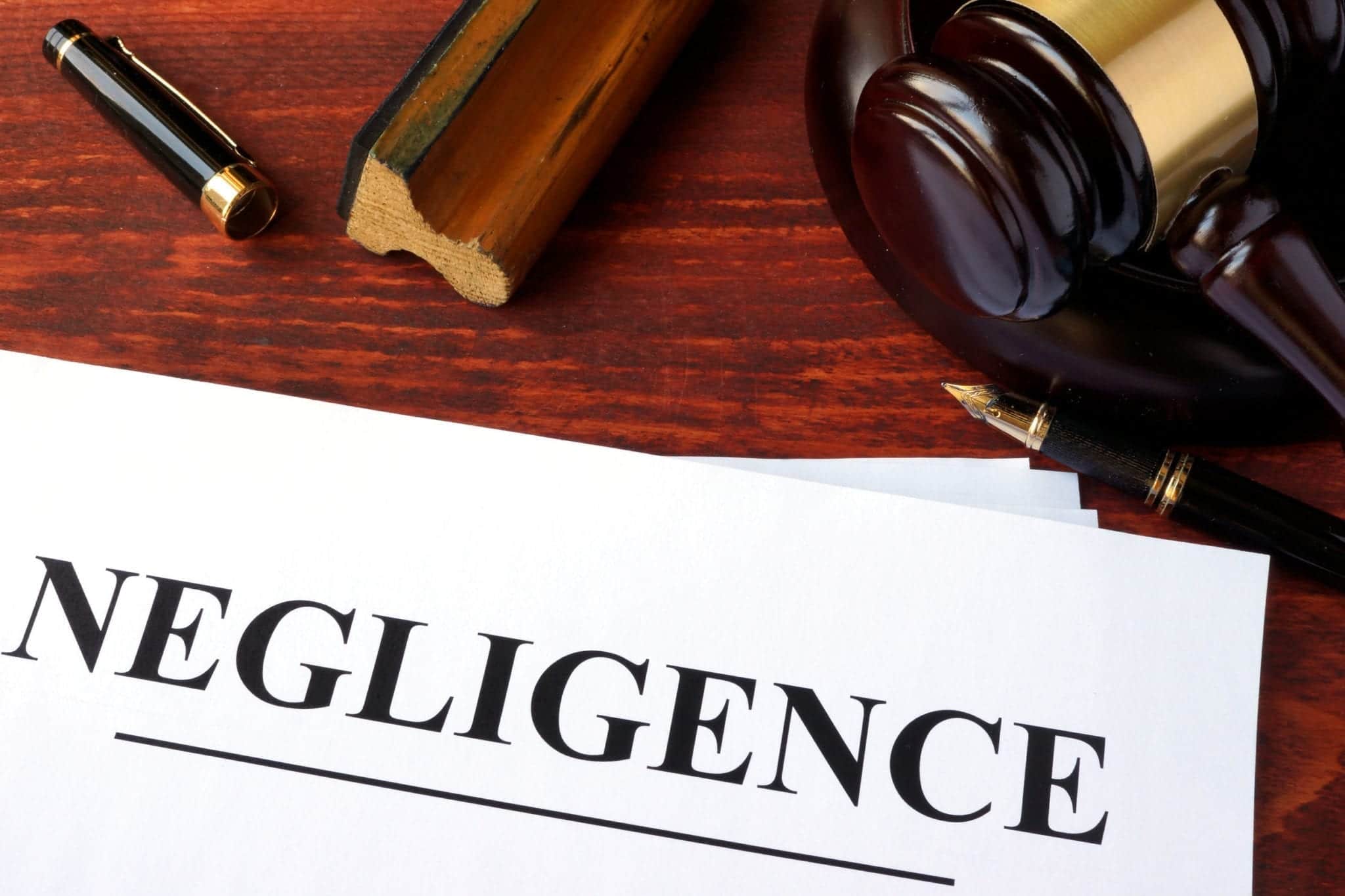Legal Malpractice in Florida: What Damages Can You Sue For?
Just like a doctor, accountant, and other types of professionals, an attorney can act with negligence and end up causing you some kind of loss or harm.
If you have lost money or opportunities because your attorney failed to complete his or her duties, you may be able to sue for legal malpractice to recover what you have lost.
Only certain types of damages qualify, though. In this post, we’ll describe the types of damages you can sue for in a legal malpractice claim.
Depending on the details of your case, you may be able to file for:
Economic Losses
You may have had to pay more to file a claim because your attorney did not complete your request on time. You can ask for compensation for the additional fees in a malpractice suit.
Loss of Income
You may have had to take time off work to correct errors made by your lawyer. You may also lose working hours when you need to work with your new attorney on the malpractice case. In this situation, you can request for lost income damages.
Loss of Income Potential
If you can prove that your lawyer’s misconduct prevented you from earning the maximum amount available to you, you can file suit to recover this loss.
Medical Expenses
In rare cases, if your attorney’s negligence is determined to have caused you physical distress, the attorney could be held liable for any medical expenses you may incur.
Emotional Losses
A lawyer’s negligence could cause significant distress for you, and the court can determine if there are grounds for you to be compensated for emotional losses due to this distress.
The Limitations of a Legal Malpractice Lawsuit
You cannot file for punitive damages in a legal malpractice lawsuit. You also cannot sue to pay the fees of your legal malpractice lawyer. However, you are permitted to seek damages for any new attorney fees that were required to correct the previous situation that the original lawyer’s behavior created.
You cannot sue simply because you don’t agree with the outcome of your case. Sometimes an attorney does everything correctly, but the client doesn’t gain the desired result. This can happen in almost any kind of case. A legitimate legal malpractice suit will involve either misconduct or negligence on the part of the original attorney.
To win your case, your new attorney must be able to prove that four elements are true:
- The attorney owed you a duty of service.
- By negligence or misconduct, the attorney made a breach in their duty.
- This breach caused you to suffer financial harm.
- You experienced financial loss due to the breach.
Examples of failure to perform duties include ignoring the case, not filing the case in court, unauthorized settlements, violation of client privilege, or mishandling of retainer funds. A viable case will have specific and reliable evidence to back up the charges.
Get a Free Assessment Before Going Forward
To obtain the maximum settlement in a legal malpractice lawsuit, you need the skill and knowledge of an attorney who has successfully represented other cases like yours. A good Florida legal malpractice lawyer will consider all angles and provide an estimate of what type of damages you can expect to receive.
We can help you fight back. Contact us today to schedule a free case review.
About the Author:
Andrew Winston is a partner at the personal injury law firm of Winston Law. For over 20 years, he has successfully represented countless people in all kinds of personal injury cases, with a particular focus on child injury, legal malpractice, and premises liability. He has been recognized for excellence in the representation of injured clients by admission to the Million Dollar Advocates Forum, is AV Preeminent Rated by the Martindale-Hubbell Law Directory, enjoys a 10.0 rating by AVVO as a Top Personal Injury Attorney, has been selected as a Florida “SuperLawyer” from 2011-2017 – an honor reserved for the top 5% of lawyers in the state – and was voted to Florida Trend’s ”Legal Elite” and as one of the Top 100 Lawyers in Florida and one of the Top 100 Lawyers in the Miami area for 2015, 2016, and 2017.
 How to Get the Most out of Your Florida Insurance Claim
How to Get the Most out of Your Florida Insurance Claim 

















